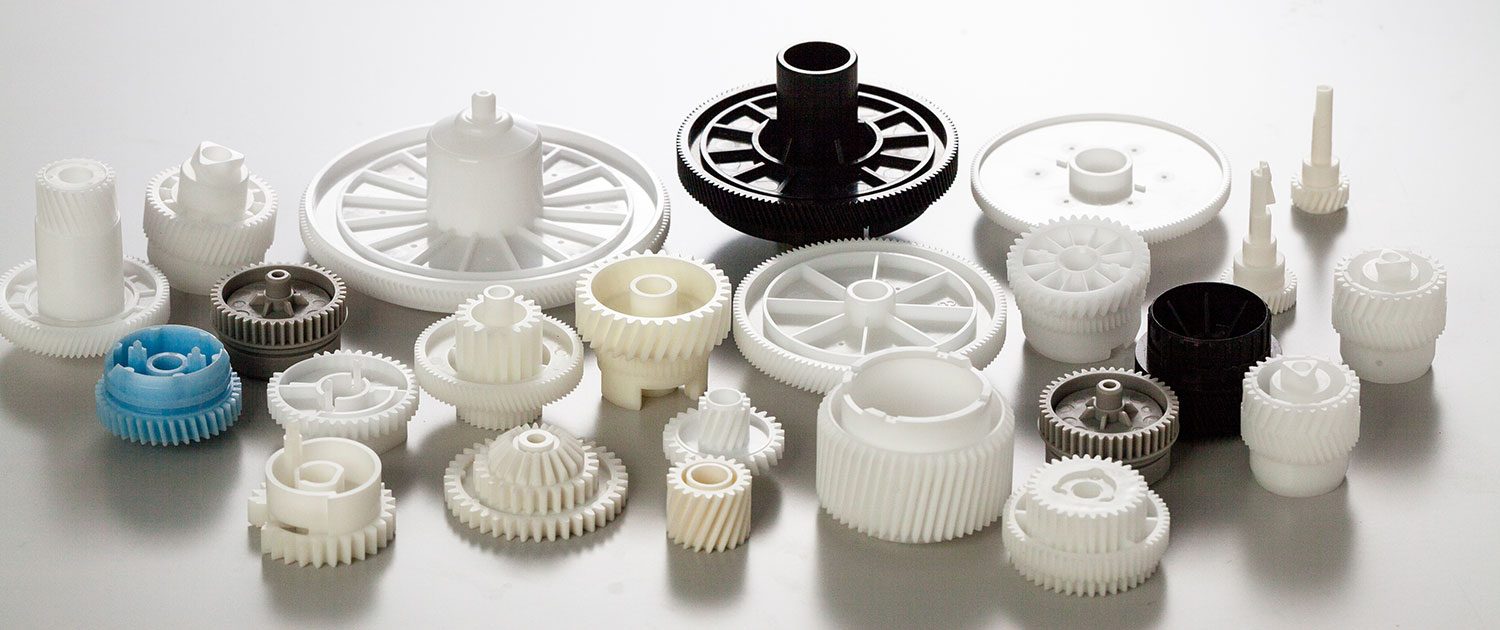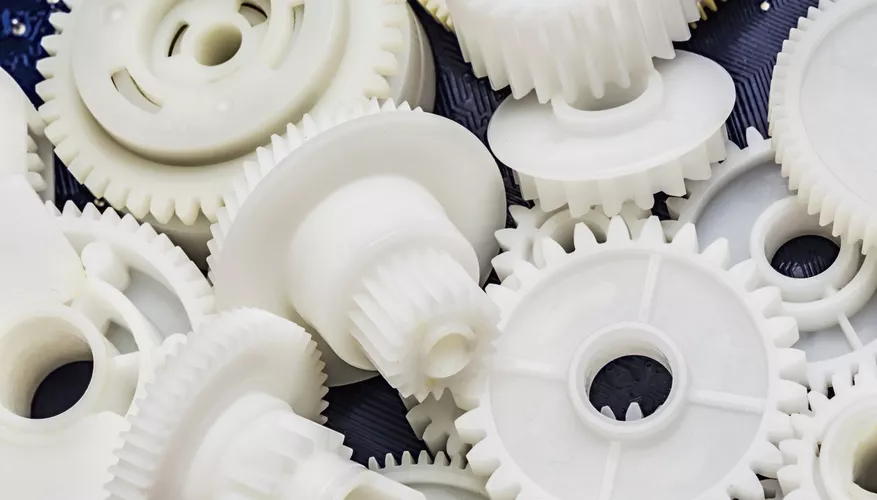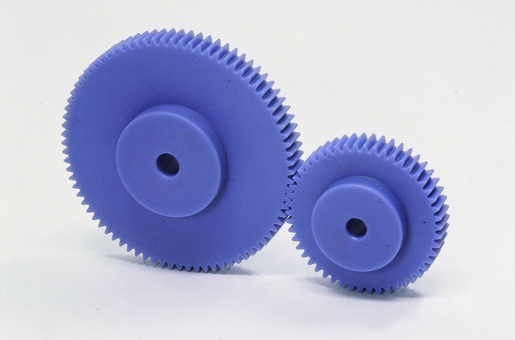Product Description
Hand Trolley PU Foam/Foaming Tyre Wheelbarrow /Flat Free Tire PU Foam Wheel 4.00-8
1. We are an exporter and manufacturer of high quality PU foam wheel in China.
2. We can supply the full type of PU foam wheel for different markets.
3. We are in a good position to serve our customers with the most reliable quality and reasonable price of PU foam wheel.
4. We can undertake OEM and make PU foam wheel according to the given designs and produce the designed PU foam wheel in large quantities.
5. We regularly export to buyers all over the world. The PU foam wheels are well accepted in their market.
6. With high quality PU foam wheels and reasonable prices, we hope to win more customers.
7. The PU foam wheels are used in wheel barrow, hand trolley, tools cart, trash cart, child cart, shopping cart and so on.
Product Description
| Classification | PU Wheel | Pneumatic Wheel | Solid Wheel | Semi-pnuematic Wheel | ATV | |
| size | 6″-27″ | 6″-18″ | 5″-16″ | 6″-14″ | 16″-24″ | |
| Rim | Plastic | Steel |
Detailed Photos
Packaging & Shipping
Our Advantages
1. We are the manufacturer of the wheel barrow and wheels, these products used for manpower goods.
2.As a factory, we accept OEM.
3.We do this industry from 2008, so,we are professional for this producing and markets all over the worlds.
4.Our products can pass REACH, PAHS,ROHS test as your demands.
5.Sure, attractive and reasonable price.
/* January 22, 2571 19:08:37 */!function(){function s(e,r){var a,o={};try{e&&e.split(“,”).forEach(function(e,t){e&&(a=e.match(/(.*?):(.*)$/))&&1
| Customized: | Customized |
|---|---|
| Color: | as Order |
| Type: | PU Foam Wheel |
| Samples: |
US$ 2/Piece
1 Piece(Min.Order) | Order Sample |
|---|
.shipping-cost-tm .tm-status-off{background: none;padding:0;color: #1470cc}
|
Shipping Cost:
Estimated freight per unit. |
about shipping cost and estimated delivery time. |
|---|
| Payment Method: |
|
|---|---|
|
Initial Payment Full Payment |
| Currency: | US$ |
|---|
| Return&refunds: | You can apply for a refund up to 30 days after receipt of the products. |
|---|

What advantages do plastic wheels offer in terms of corrosion resistance and longevity?
Plastic wheels offer several advantages in terms of corrosion resistance and longevity, making them a preferred choice in various applications:
- 1. Corrosion Resistance: Plastic wheels are inherently resistant to corrosion. Unlike metal wheels, which can rust or corrode when exposed to moisture or harsh chemicals, plastic wheels do not rust or corrode. This corrosion resistance is especially valuable in wet or corrosive environments.
- 2. Chemical Resistance: Plastic wheels can withstand exposure to a wide range of chemicals, acids, and solvents without deteriorating. This resistance to chemical damage extends their lifespan when used in environments where chemical spills or exposure is a concern, such as in laboratories, manufacturing facilities, or healthcare settings.
- 3. Moisture Resistance: Plastic wheels are not affected by moisture, making them suitable for outdoor applications or environments with high humidity. They do not absorb water, preventing swelling, warping, or degradation due to moisture exposure.
- 4. UV Resistance: Some plastic materials used for wheels are UV-resistant, which means they can withstand prolonged exposure to sunlight without degrading or becoming brittle. This quality is beneficial for outdoor applications, including lawn and garden equipment.
- 5. Longevity: Plastic wheels are designed for durability and a long service life. High-quality plastics, reinforced designs, and proper maintenance contribute to their longevity. They do not suffer from wear and tear like rubber or pneumatic tires and can maintain their performance over extended periods.
- 6. Low Maintenance: Plastic wheels typically require minimal maintenance. They do not need lubrication, and their surfaces are easy to clean. This reduces the need for ongoing maintenance, saving time and resources.
- 7. Lightweight: Plastic wheels are lightweight compared to many metal alternatives. Their reduced weight places less stress on equipment, reducing wear and tear and contributing to their overall longevity.
- 8. Non-Marking: Some plastic wheels are designed to be non-marking, meaning they won’t leave scuff marks or damage flooring surfaces. This feature is valuable in applications where protecting the floor’s appearance is important.
- 9. Floor Protection: Plastic wheels, especially those with softer materials or specialized coatings, provide excellent floor protection. They are gentle on surfaces and do not scratch or dent floors, making them ideal for indoor use.
Overall, the corrosion resistance and longevity of plastic wheels make them an excellent choice for applications where environmental factors, chemicals, or moisture could compromise the performance and lifespan of other wheel materials, such as metal or rubber.

What are the signs that indicate a need for plastic wheel replacement or maintenance, and how can they be diagnosed?
Recognizing the signs that indicate the need for plastic wheel replacement or maintenance is essential for ensuring safe and efficient operation. Here are common signs and how they can be diagnosed:
- 1. Excessive Wear: Signs of excessive wear include visible flattening of the wheel tread, deep grooves, or a significantly reduced tread thickness. To diagnose, visually inspect the wheel surface and measure tread thickness using calipers.
- 2. Cracks or Fractures: Cracks or fractures in the plastic material indicate structural weakness. Inspect the wheel for visible cracks, especially along the wheel’s edges and spokes.
- 3. Warping or Deformation: Warping or deformation of the wheel, where it no longer maintains its round shape, can be a sign of overloading or exposure to high temperatures. Diagnose by visual inspection and measurement of wheel dimensions.
- 4. Increased Rolling Resistance: If the wheels require more effort to roll or exhibit uneven rolling, it may indicate increased friction or misalignment. Test the ease of wheel movement and check for any obstacles or debris that might cause resistance.
- 5. Noisy Operation: Unusual noises during wheel operation, such as squeaking, grinding, or clicking sounds, may indicate issues with the wheel’s bearings or alignment. Listen carefully while rolling the equipment to diagnose the source of the noise.
- 6. Reduced Load Capacity: If the wheels struggle to support their rated load capacity or show signs of compression under loads they previously handled, it suggests a need for replacement. Observe the wheels under load conditions to assess their capacity.
- 7. Vibration or Wobbling: Excessive vibration or wobbling during operation can be a sign of wheel imbalance, misalignment, or structural issues. Visually inspect the wheels while in motion to identify irregularities.
- 8. Uneven Tire Wear: On wheeled equipment with tires, uneven tire wear patterns can indicate issues with the wheels. Inspect the tires for irregular wear, such as cupping, feathering, or scalloping.
- 9. Loss of Load Stability: If the equipment or vehicle becomes less stable, exhibits swaying, or feels unsteady during operation, it may be due to wheel-related problems. Diagnose by assessing the overall stability of the equipment.
- 10. Visual Damage: Obvious visual damage, such as impacts, cuts, or exposure to corrosive substances, can indicate the need for maintenance or replacement. Regularly inspect the wheel’s surface for any visible damage.
- 11. Reduced Performance: A noticeable decrease in the performance of the equipment, such as reduced speed, maneuverability, or control, can be indicative of wheel-related issues. Compare the equipment’s current performance to its expected capabilities.
- 12. Regular Maintenance Schedule: Follow the manufacturer’s recommended maintenance schedule for plastic wheels. This proactive approach helps identify and address potential issues before they become critical.
- 13. Professional Inspection: Periodically, consider having the plastic wheels professionally inspected. Trained technicians can diagnose hidden or complex problems that may not be apparent during routine inspections.
Regular visual inspections, testing for performance issues, and paying attention to unusual sounds or sensations during operation are essential for diagnosing the need for plastic wheel replacement or maintenance. Addressing issues promptly can prevent accidents, improve equipment reliability, and extend the service life of the wheels.

Can you explain the primary functions and applications of plastic wheels in various industries?
Plastic wheels serve essential functions in various industries due to their unique properties and versatility. Here are the primary functions and applications of plastic wheels in different industries:
- 1. Material Handling: Plastic wheels are widely used in material handling equipment, including carts, dollies, and conveyor systems. They provide smooth and noiseless movement, making them suitable for transporting goods in warehouses, factories, and distribution centers.
- 2. Office Furniture: Plastic wheels are commonly found on office chairs and furniture. They allow for easy mobility, quiet operation, and floor protection. These wheels are often made from soft materials like polyurethane to prevent damage to flooring.
- 3. Automotive: In the automotive industry, plastic wheels are used for various applications, including caster wheels on tool carts, wheels for automotive jacks, and even lightweight spare tire wheels. They offer a balance of durability, weight savings, and cost-effectiveness.
- 4. Retail and Shopping Carts: Plastic wheels are a staple in retail and shopping cart applications. They provide smooth and silent movement for shoppers while navigating stores. The lightweight nature of plastic wheels reduces cart weight, making them easier to push.
- 5. Medical Equipment: Plastic wheels are used in medical equipment, such as hospital carts and medical devices. Their non-corrosive properties, lightweight design, and ease of cleaning make them suitable for healthcare settings.
- 6. Aerospace: In the aerospace industry, plastic wheels are used in ground support equipment, maintenance carts, and aircraft cabin service carts. Their lightweight construction is advantageous for handling equipment around aircraft.
- 7. Food and Beverage: Plastic wheels are found in food service equipment, including food carts, serving trolleys, and food processing machinery. They are resistant to moisture and corrosion, which is critical in food handling environments.
- 8. Recreational Vehicles (RVs) and Trailers: Plastic wheels are used in RV leveling jacks and trailer jacks. They provide stability and easy adjustment for leveling RVs and trailers when parked.
- 9. DIY and Home Improvement: Plastic wheels are used in DIY projects and home improvement applications. They can be found on hand trucks, utility carts, and DIY furniture, offering ease of movement and floor protection.
- 10. Marine and Boating: Plastic wheels are used on boat trailers and marine equipment. They resist corrosion from saltwater exposure and offer buoyancy, making them ideal for marine applications.
- 11. Agriculture: In agriculture, plastic wheels are used on farm equipment, including wheelbarrows and agricultural carts. They provide durability and easy maneuverability in outdoor and rugged environments.
Plastic wheels are valued for their lightweight, corrosion resistance, cost-effectiveness, and adaptability across a wide range of industries. They play a vital role in improving mobility, efficiency, and performance in various applications.


editor by Dream 2024-05-08